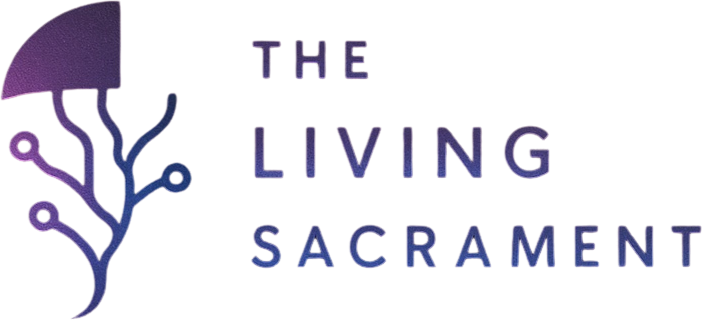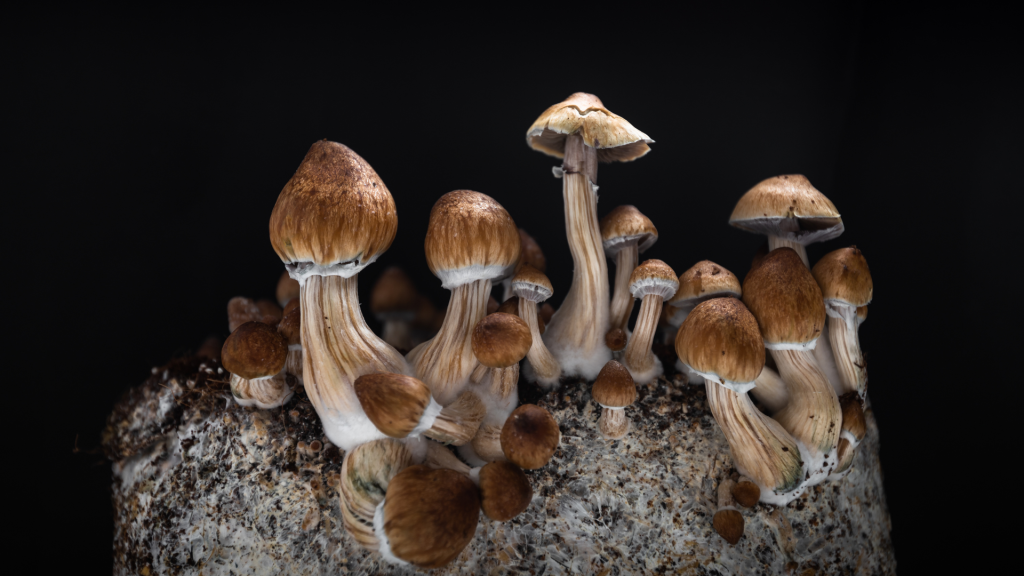This question comes up every time someone learns that magic mushrooms are technically classified as hallucinogens. The word “drug” tends to carry a warning, and people imagine overdoses or fatal trips. I had the same reaction the first time I read about psilocybin in medical literature. But after years of research, I’ve learned that the story isn’t about danger, it’s about misunderstanding.
What Science Actually Says
Let’s start with what’s measurable: psilocybin’s toxicity. Scientists have tested this compound for decades, and the results are remarkably consistent. The lethal dose of psilocybin in mammals is so high that it’s practically impossible to reach through ingestion.
To put it in perspective, a typical psychedelic experience uses about 20 milligrams of pure psilocybin. The estimated lethal dose in humans is roughly 6,000 times higher. You’d have to eat your body weight in mushrooms to come close, and by that point, your stomach would give up long before your brain did.
That’s why toxicologists and pharmacologists consistently describe psilocybin as a substance with extremely low acute toxicity.
The Real Cause of Mushroom Deaths
Here’s where things get confusing. Every year, a few people die after eating mushrooms they believed were “magic.” But when you look at toxicology reports, the culprit isn’t psilocybin, it’s misidentification.
Some mushrooms, like Amanita phalloides (the Death Cap) or Galerina marginata, look similar to psilocybin species but contain deadly liver toxins. Just a few grams of those can cause organ failure. The tragedy is that these accidents get lumped under “mushroom poisoning,” giving magic mushrooms a bad reputation they don’t deserve.
In other words, magic mushrooms rarely kill, but confusing them with something else can.
Clinical Research Confirms the Safety
When I started reviewing clinical data, I expected to find at least a few serious adverse events. Instead, what stood out was how consistent the safety record is. In modern psilocybin-assisted therapy studies, covering thousands of doses, there have been zero deaths.
A 2024 systematic review in JAMA Network Open analyzed adverse events across controlled trials. The findings were clear: no cases of fatal toxicity or life-threatening reactions were found. The most common side effects were short-lived anxiety, nausea, or increased heart rate.
In simpler terms, psilocybin’s risk lies more in its intensity than its chemistry.
Overdose vs. Overwhelm
You can’t overdose on psilocybin in the traditional sense, but you can absolutely take too much for comfort. High doses, especially without preparation or guidance, can lead to panic, disorientation, and confusion.
Some users report losing touch with reality for hours, which can cause accidental harm, like walking into traffic or falling. That’s why researchers emphasize set and setting. Where you are, who you’re with, and your mental state all shape the experience.
It’s not the compound that’s dangerous, it’s the context.
What Happens in the Body
Psilocybin is broken down into psilocin, which binds to serotonin receptors throughout the brain. That interaction creates the characteristic effects: visual distortions, altered perception, and changes in mood.
Physiologically, psilocin causes mild changes, slightly elevated blood pressure, a faster heartbeat, and pupil dilation. For healthy adults, these are temporary and fade as the drug wears off. In people with existing heart conditions or severe anxiety disorders, those effects can feel stronger, but they still don’t reach lethal levels.
Even at high doses in laboratory animals, researchers observed no organ failure, respiratory collapse, or lethal reaction.
Where the Danger Really Lies
While psilocybin itself is safe, carelessness isn’t. The main risks fall into three categories:
- Misidentification: Picking or eating the wrong mushroom.
- Environment: Unsafe settings leading to accidents.
- Mental Health: Triggering panic, psychosis, or confusion in vulnerable individuals.
A controlled environment, like those used in clinical trials, removes most of those risks. That’s one reason psilocybin therapy is gaining acceptance: it’s safe when handled responsibly.
Comparing Psilocybin to Other Substances
Here’s an interesting perspective. When researchers ranked common recreational substances by physical harm and dependence risk, psilocybin landed near the bottom, below alcohol, tobacco, and even caffeine.
That doesn’t make it harmless, but it highlights an important truth: danger is more about misuse than molecule.
Psilocybin doesn’t depress breathing, damage organs, or produce withdrawal symptoms. In fact, it’s being studied as a potential treatment for addiction and depression. The same compound people fear for being dangerous is now helping patients heal.
My Observation After Reading Hundreds of Studies
After digging through more than a decade of published work, I found no credible record of death caused solely by psilocybin mushrooms. There are countless examples of difficult experiences, but not fatal overdoses.
The deaths people associate with “magic mushrooms” usually come from confusion, not chemistry. I’ve read autopsy reports where victims believed they were harvesting psychedelic species and instead ingested deadly lookalikes. That’s not a psilocybin problem, that’s a field identification problem.
Final Thoughts
So, can magic mushrooms kill you? In chemical terms, no, not unless they’re the wrong mushrooms. Psilocybin itself is one of the least toxic psychoactive compounds known. What can harm you are poor choices: taking them in unsafe places, using high doses without guidance, or mistaking them for something else.
Magic mushrooms ask for respect, not fear. They won’t shut down your body, but they can show you things you might not be ready to see. In that sense, the danger isn’t death, it’s depth.
Sources
- Johnson, M.W., Hendricks, P.S., et al. The abuse potential of medical psilocybin according to the 8 factors of abuse. Neuropharmacology
- Gard, D.E., et al. Acute Adverse Effects of Therapeutic Doses of Psilocybin: A Systematic Review and Meta-Analysis. JAMA Network Open

